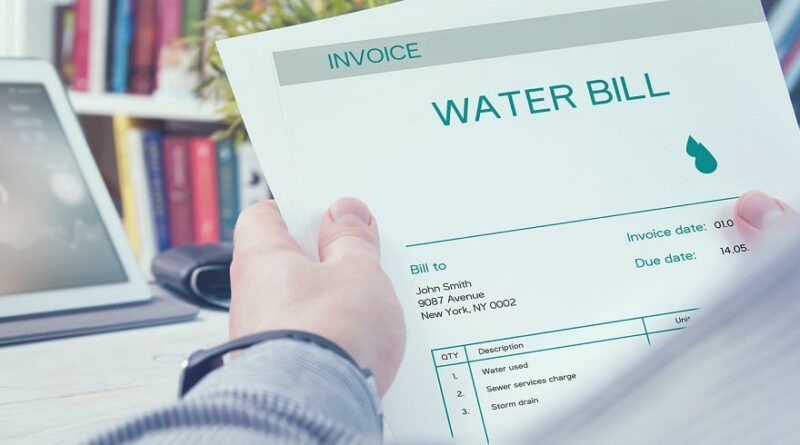Discovering a high water bill can be a frustrating experience, especially if you haven’t made any significant changes in your water usage. However, before panicking, it’s essential to assess the situation calmly and take appropriate steps to identify the cause of the issue. This article aims to guide you through the process of dealing with a high water bill, providing you with practical tips and expert advice.
Analyse Your Water Consumption:
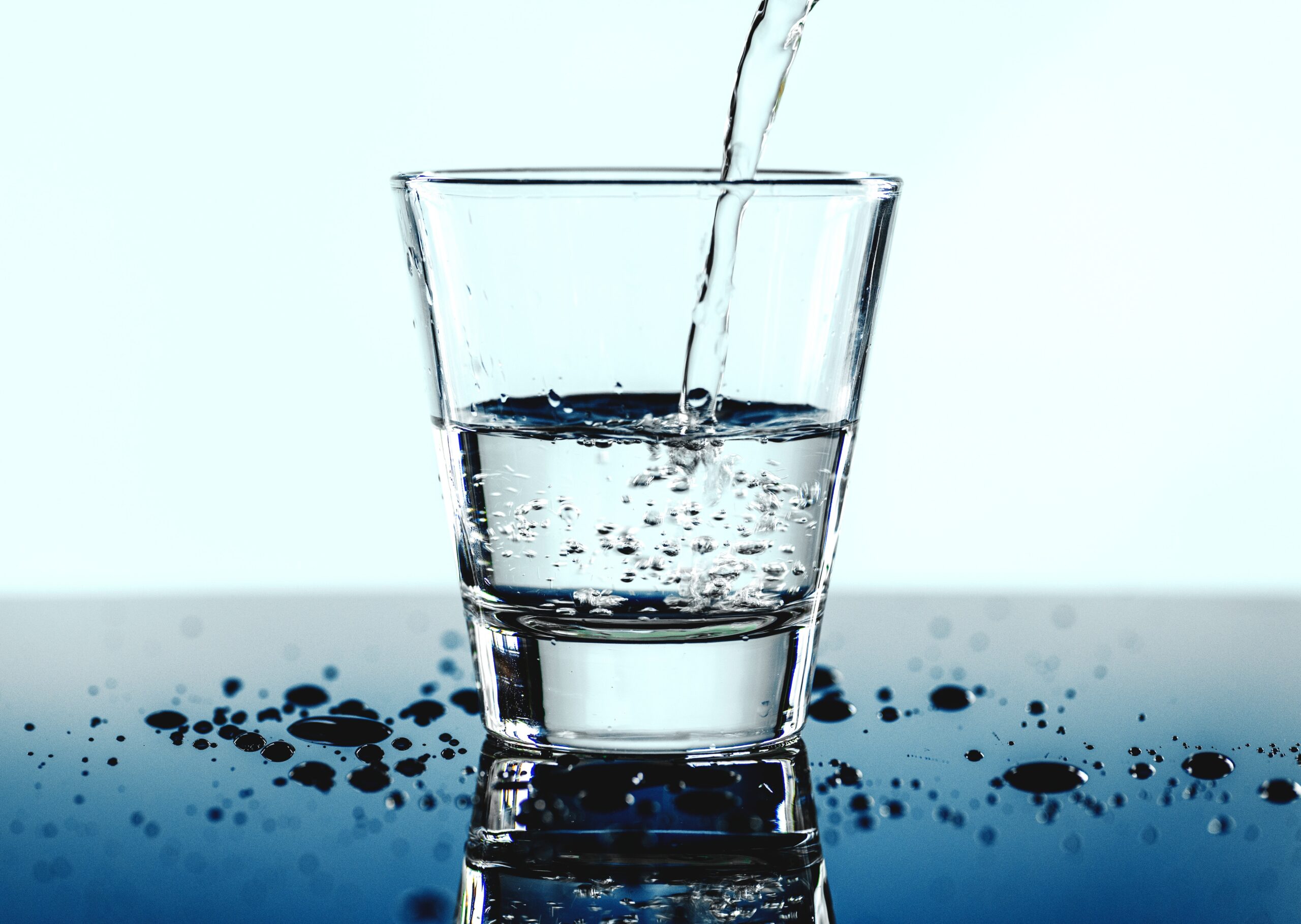
source: pinterest.com
The first step is to analyze your water consumption patterns to determine if there have been any changes that could explain the sudden increase in your bill. Consider the following points:
- Have there been any new additions to your household, such as guests or new family members?
- Have you recently installed new appliances that require water?
- Are there any leaks or drips that have gone unnoticed?
- Have you been engaging in outdoor activities that involve significant water usage, such as filling a swimming pool or watering a garden? By assessing these factors, you can identify any potential causes behind the high water bill.
Check for Leaks:
Undetected leaks can be a major contributor to a high water bill. To identify possible leaks, follow these steps: a. Inspect your plumbing fixtures and faucets for any visible leaks. b. Check your toilets for leaks by adding a few drops of food coloring to the tank. If the color seeps into the bowl without flushing, it indicates a leak. c. Examine your water meter. Turn off all water sources in your home and observe if the meter still moves. If it does, you likely have a hidden leak. If you detect a leak, it’s advisable to contact a professional plumber, particularly a Sydney plumber who can efficiently diagnose and repair the issue.
Addressing Blocked Drains:
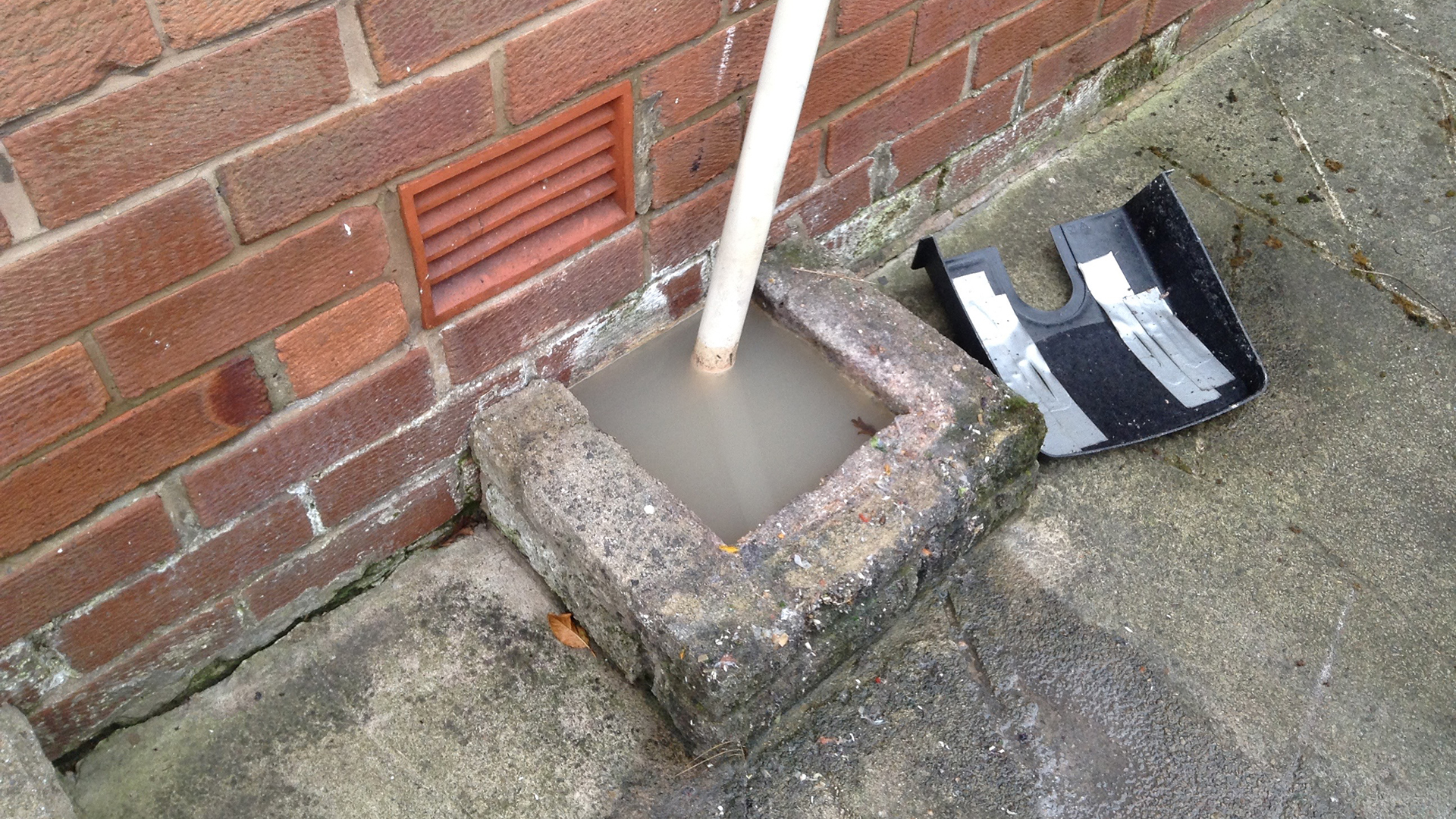
source: pinterest.com
Blocked drains can also lead to increased water bills due to inefficient drainage. If you notice slow drainage or gurgling sounds, it’s crucial to take action promptly.
Here’s what you can do to clear block drains:
a. Use a plunger to attempt to clear minor blockages. Apply firm but controlled pressure to dislodge the obstruction.
b. Avoid using chemical drain cleaners as they can damage your pipes. Instead, consider using natural remedies like a mixture of baking soda and vinegar.
c. For stubborn blockages, it’s best to seek professional help from a trusted plumber in Sydney who specializes in blocked drains. They possess the expertise and tools to resolve the issue efficiently.
Monitor Your Water Usage:
a. To prevent future surprises on your water bill, it’s essential to monitor your water usage regularly. Consider the following tips: a. Install water-efficient fixtures and appliances, such as low-flow showerheads and dual-flush toilets.
- Implement water-saving practices, such as taking shorter showers, fixing leaks promptly, and only running the dishwasher and washing machine with full loads.
- Consider installing a smart water meter or monitoring system to track your usage in real-time and receive alerts for any abnormal consumption. By monitoring your water usage, you can proactively identify any potential issues and make necessary adjustments to conserve water.
Contact Your Water Provider:
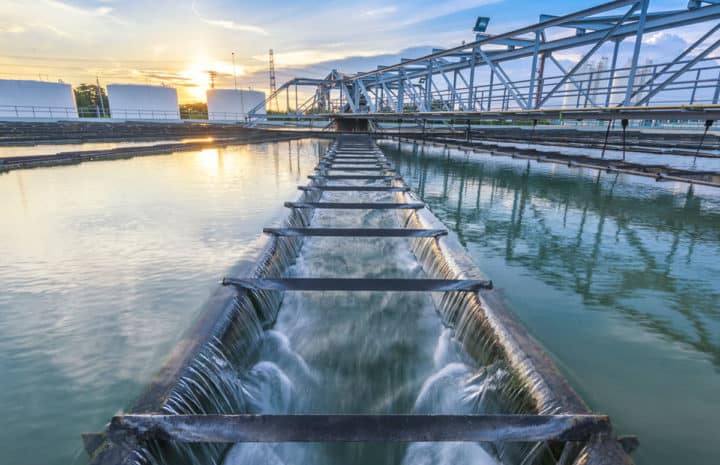
source: pinterest.com
If you’ve exhausted all possibilities and are still unable to determine the cause of your high water bill, it’s advisable to contact your water provider. They can provide insights into your usage patterns and offer guidance on steps you can take to reduce your bill. They may also investigate the possibility of a faulty meter or billing error.
Conduct Regular Maintenance:
To prevent unexpected water bill spikes and plumbing issues, it is essential to conduct regular maintenance of your plumbing system. Regular inspections and servicing by a professional plumber can help identify potential problems before they escalate. By addressing minor leaks, performing routine drain cleaning, and maintaining your plumbing fixtures, you can avoid costly repairs and unnecessary water wastage.
Educate Yourself and Practice Water Conservation:
Knowledge is power, and educating yourself on water conservation practices can go a long way in reducing your water bills. Implementing simple yet effective habits, such as turning off the tap while brushing your teeth, collecting and reusing rainwater for gardening, and fixing leaks promptly, can significantly reduce your water consumption. By making water conservation a family effort, you can not only save money but also contribute to a more sustainable environment.
Consider Retrofitting and Upgrading:
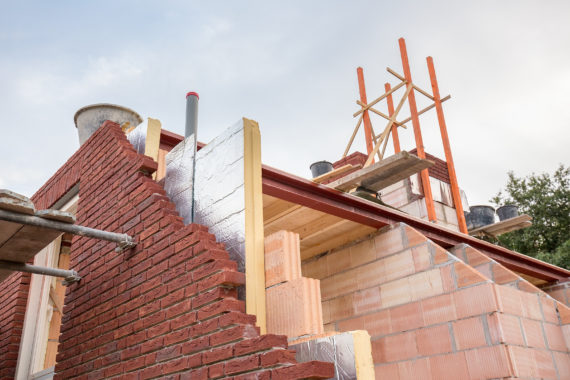
source: pinterest.com
Retrofitting your plumbing system with water-efficient fixtures can yield substantial long-term savings. Consider installing low-flow showerheads, aerators, and dual-flush toilets. These upgrades can significantly reduce water usage without compromising functionality. While the initial investment may seem significant, the long-term savings on your water bills will make it worthwhile.
Be Mindful of Outdoor Water Usage:
In addition to indoor water usage, outdoor activities can also contribute to high water bills. Be mindful of how you use water outdoors, especially during dry seasons. Consider installing a rainwater tank to collect and utilize rainwater for gardening and outdoor cleaning purposes. Additionally, adjust your watering schedule to early morning or late evening to minimize evaporation and maximize absorption by plants.
Compare Water Providers:
In some cases, switching to a different water provider may be an option to explore if you consistently face high water bills. Research and compare different water providers in your area to ensure you’re receiving the most competitive rates and customer service. Look for providers that offer water-saving programs and incentives to encourage conservation.
Remember, dealing with a high-water bill requires patience, diligence, and sometimes professional assistance. By following the steps outlined in this article and seeking the help of a trusted Sydney plumber when needed, you can effectively address the issue and take control of your water usage. Implementing water-saving practices, monitoring your consumption, and practicing regular maintenance will not only help you save money but also contribute to a more sustainable and eco-friendlier lifestyle.

